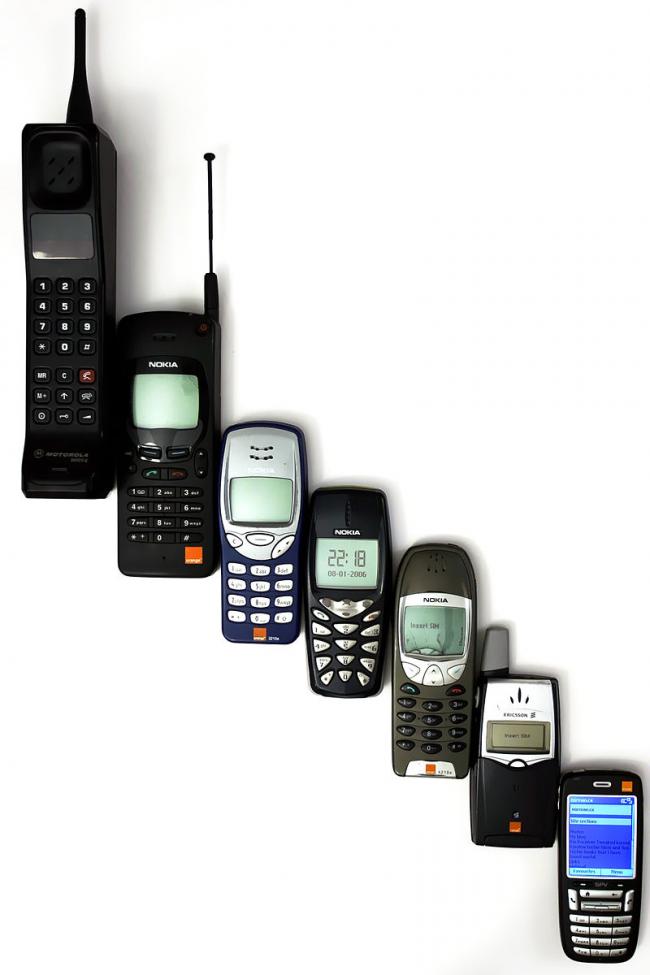
Poor sleep for children using media devices, says study
The study which comprised a systematic review of 20 existing observational studies, involving 125,198 children, also found that sleep quality and day-time sleepiness were affected to a similar magnitude, read the university website.
Dr Ben Carter from Cardiff University School of Medicine said: “Our study is the first to consolidate results across existing research and provides further proof of the detrimental effect of media devices on both sleep duration and quality.
“Sleep is an often undervalued but important part of children’s development, with a regular lack of sleep causing a variety of health problems. With the ever growing popularity of portable media devices, such as smartphones and tablets, the problem of poor sleep amongst children is set to get worse. Our findings suggest that an integrated approach involving parents, teachers, and healthcare professionals is necessary to improve sleep habits near bedtime.”
Currently 72% of children and 89% of adolescents have at least one device in their sleeping environment and most are used near bedtime. Such devices are thought to adversely impact sleep through a variety of ways including displacing, delaying or interrupting sleep time; psychologically stimulating the brain; and affecting circadian timing, sleep physiology and alertness.
Sleep disturbance in childhood is known to lead to adverse physical and mental health consequences. Short and long term detrimental health outcomes include poor diet, sedative behavior, obesity, reduced immunity, stunted growth and mental health issues.
Poor sleep,media devices,Smart phones
Support Our Journalism
We cannot do without you.. your contribution supports unbiased journalism
IBNS is not driven by any ism- not wokeism, not racism, not skewed secularism, not hyper right-wing or left liberal ideals, nor by any hardline religious beliefs or hyper nationalism. We want to serve you good old objective news, as they are. We do not judge or preach. We let people decide for themselves. We only try to present factual and well-sourced news.







